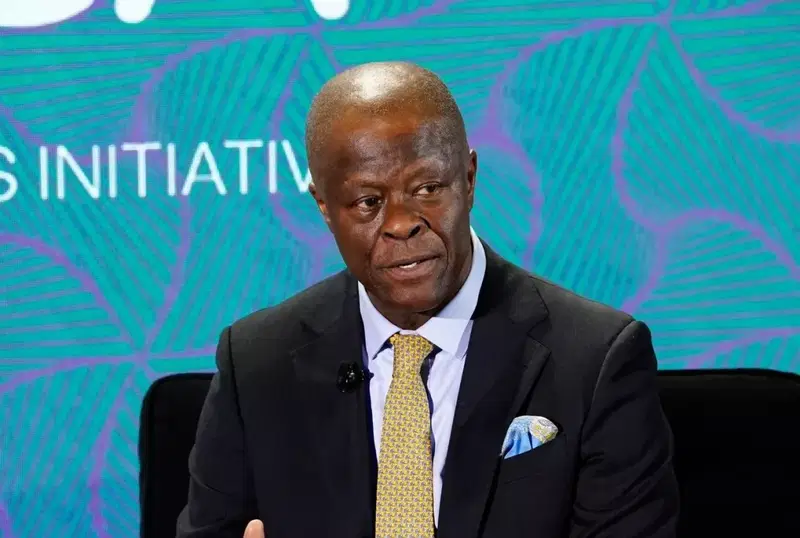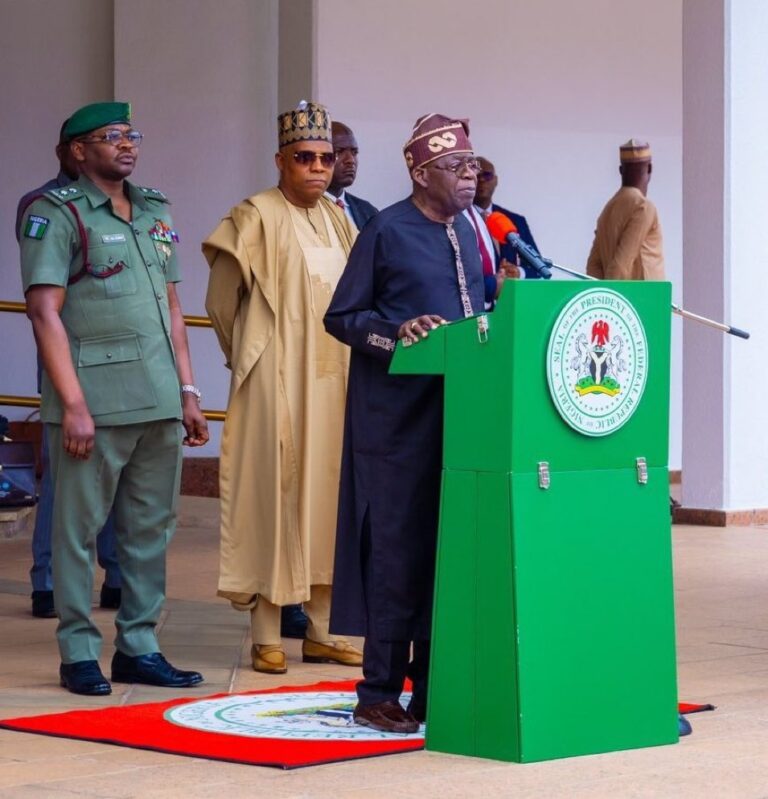
ABUJA – The Minister of Finance and Coordinating Minister of the Economy, Mr. Wale Edun, has called for aggressive actions to diversify Nigeria’s economy.
Speaking at the 5th National Treasury Workshop organized by the Office of the Accountant-General of the Federation in Abuja, Edun, represented by the Permanent Secretary, Mrs. Lydia Shehu, emphasized the need to explore non-oil sectors for revenue generation and economic transformation.
According to him, “Several non-oil sectors have strong potential for revenue generation, job creation, and economic growth. It is time to explore these aggressively.” He highlighted key areas such as: Agriculture and Agro-Processing, Solid Minerals and Mining, Manufacturing and Industrialization, Tourism and Hospitality and Digital Economy and ICT.
Edun identified major challenges to revenue mobilization, including insecurity, poor infrastructure, bureaucratic bottlenecks, and low tax compliance. He noted that the government is addressing these issues through public financial management reforms, digital revenue collection, and improved tax administration but stressed that more needs to be done at both national and sub-national levels.
He urged collaboration between the government and private sector to enhance revenue generation, stating, “Accountability and transparency in public financial management are crucial for building trust and attracting investment.”
In her address, the Accountant-General of the Federation (AGF), Dr. Oluwatoyin Madein, described the workshop as a strategic platform for fostering collaboration and improving revenue performance.
Dr. Madein emphasized the urgency of rethinking revenue generation strategies due to the volatility of oil revenues. She noted, “The recent global shifts in energy policies and fluctuating crude prices show that we cannot afford to rely solely on oil revenues. We must embrace a diversified approach tapping into agriculture, solid minerals, manufacturing, tourism, and the digital economy.”
She added that exchange rate volatility, low revenue performance, and rising costs have complicated fiscal operations, making a focus on non-oil revenue sources essential for economic sustainability.


